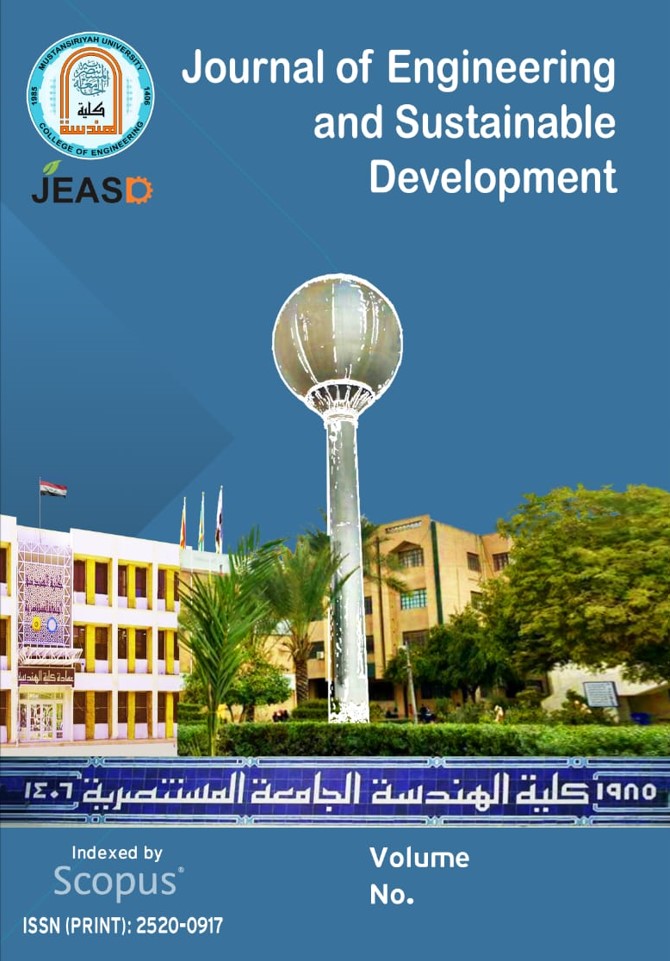Abstract
The decision-making theory has become essential for providing real-time solutions to uncertainty problems, particularly in sustainable engineering and environmental challenges in engineering processes. This work uses decision-making techniques to address water resource problems using the Analytic Hierarchy Process (AHP). The AHP can be used properly as a decision-making technique to weigh and rank for effective allocation of water resources (alternatives) with maximum priority and sustainable utilization in Egypt. To accomplish our objective, Egypt was divided into five zones based on natural factors and population concentration to identify the best water resource for each zone. It was found that the Nile River is the best alternative for the Upper Nile zone, while desalination is the least favorable option. The Nile River is the optimal choice in the Nile Delta zone, and desalination is the least preferred option. In the Western Desert, groundwater emerges as the top choice, while desalination is considered the least favorable alternative. Desalination is the best alternative for the Red Sea zone, while Agriculture Drainage is deemed the least suitable option. In the North Coast zone, desalination is preferred, and agriculture drainage is the least favorable option.
Keywords
decision-making process
Egypt
Fuzzy Analytic Hierarchy Process
Multi-criteria Analysis
Sustainability
Water Resource
